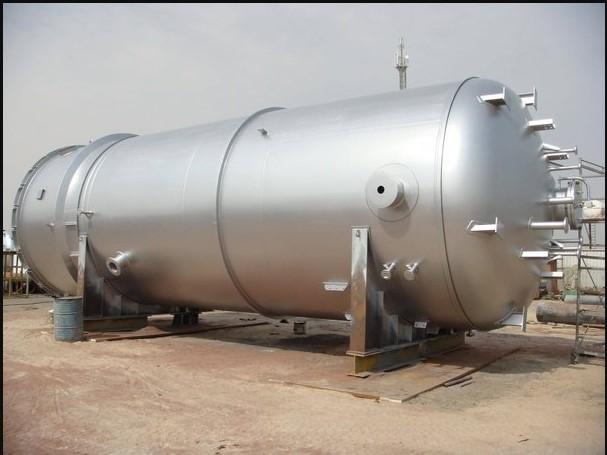
API 510 covers inspection, repair, alteration & rerating of pressure relieving devices protecting them used in petroleum & chemical process industries.
This inspection code applies to refining and chemical process vessels that have been placed in service.
This includes:
- Vessels constructed in accordance with an applicable construction code
- Vessels constructed without a construction code (non-code)—a vessel not fabricated to a recognized construction code and meeting no known recognized standard
- Vessels constructed and approved as jurisdictional special based upon jurisdiction acceptance of particular design, fabrication, inspection, testing, and installation
- Non-standard vessels—a vessel fabricated to a recognized construction code but has lost its nameplate or stamping.
Our dedicated authorized pressure vessel inspectors are ready to carry-out all necessary inspections and surveillances of client pressure vessel inclusive and not limited to the following:
- Developing an inspection plan in coordination with client corrosion specialists.
- Performing internal visual inspection of the pressure vessels.
- Performing on-stream, external visual inspection, CUI inspection and any required pressure testing.
- Determination of minimum required thickness of vessel pressure parts.
- Determination of corrosion rate and remaining life of pressure vessels.
- Establishing of inspection intervals and frequencies as well as extent of inspections needed.Â
- Make the appropriate repair or mitigative recommendations on the principles of ASME code and repair code.
- Authorization of any repairs or alterations and designating the inspection hold points for the repair activity.
- Approval of all proposed design, work execution, material, welding procedures, examinations & testing methods for the specified repair or alteration.
- Follow-up all repair & alteration activities.
